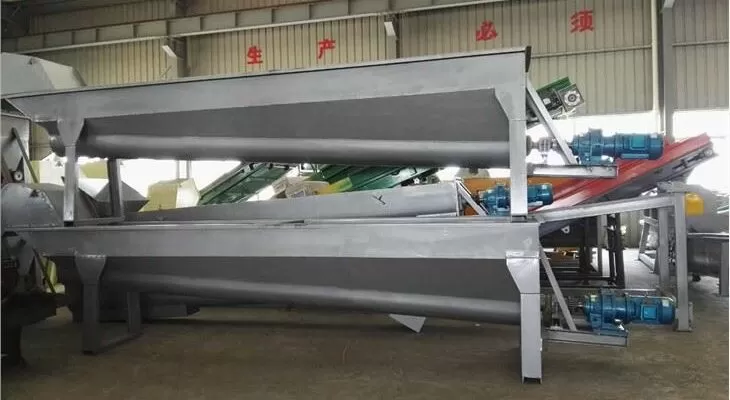As the CEO of Amige, a company deeply invested in environmental sustainability, I am keenly aware of the pressing issues surrounding environmental pollution, particularly in countries like Malaysia. In this post, I’ll explore the current state of environmental pollution in Malaysia, with a focus on plastic pollution, and discuss the efforts being made in terms of plastic recycling.

Understanding the Problem
Malaysia, like many other countries, is grappling with the impact of environmental pollution. One of the most significant contributors to this issue is plastic pollution. Malaysia produces a staggering amount of plastic waste, much of which ends up in landfills or polluting the environment.
The Impact of Plastic Pollution
Plastic pollution has a devastating impact on the environment. It pollutes our oceans, harms wildlife, and poses serious health risks to humans. In Malaysia, plastic pollution is particularly problematic due to inadequate waste management infrastructure and a lack of awareness about the importance of recycling.
The Current State of Plastic Recycling in Malaysia
Despite the challenges, Malaysia has made some progress in terms of plastic recycling. The government has implemented various initiatives to promote recycling and reduce plastic waste. Recycling rates have been increasing steadily, thanks in part to public awareness campaigns and the establishment of recycling facilities across the country.
Challenges and Opportunities
However, there are still significant challenges to overcome. One of the biggest challenges is the lack of a comprehensive recycling infrastructure. While there are recycling facilities in Malaysia, they are often underutilized, and much of the plastic waste still ends up in landfills.
The Role of Innovation
Innovative solutions are key to addressing these challenges. Companies like Amige are leading the way with innovative recycling technologies that can help Malaysia and other countries manage their plastic waste more effectively. By investing in these technologies and promoting a culture of recycling, we can make a significant impact on reducing plastic pollution.
Government Initiatives and Policies
The Malaysian government has also been proactive in addressing plastic pollution. It has introduced policies and regulations aimed at reducing plastic waste and promoting recycling. These include bans on single-use plastics and incentives for companies to use recycled materials in their products.
Conclusion
In conclusion, while the state of environmental pollution in Malaysia is concerning, there are reasons to be optimistic. With the right initiatives and innovations, we can make significant progress in reducing plastic pollution and protecting our environment for future generations. At Amige, we are committed to playing our part in this important mission.
